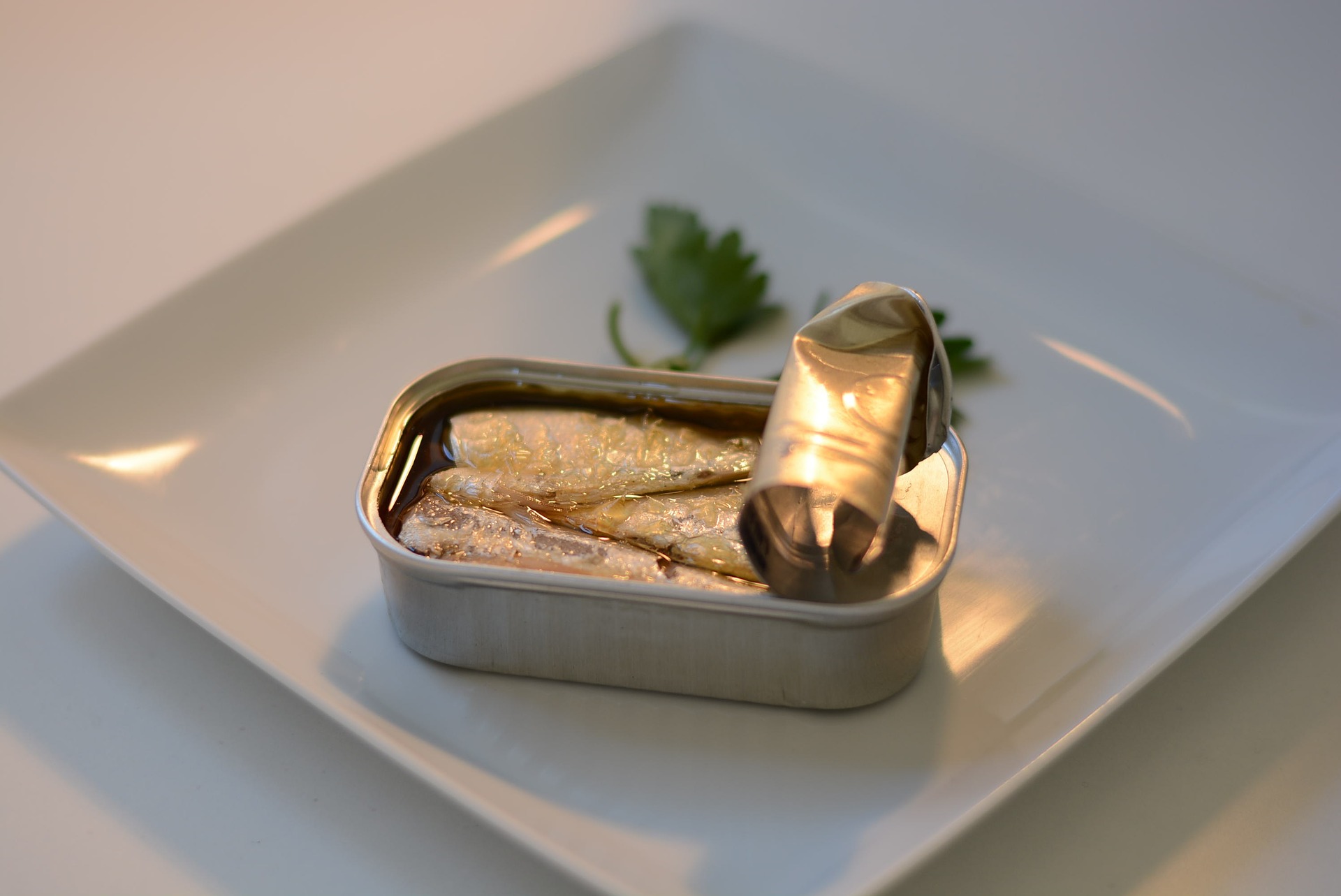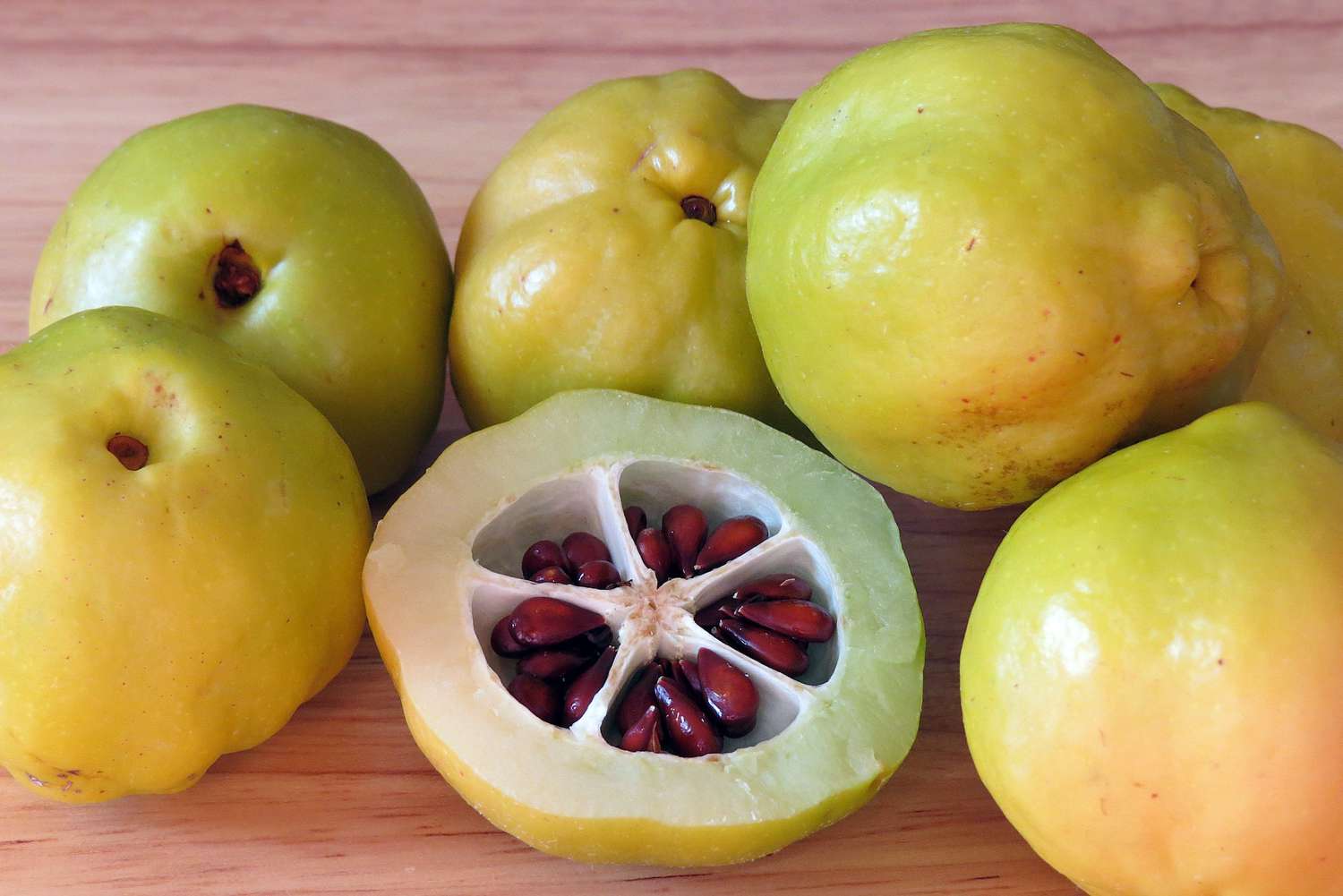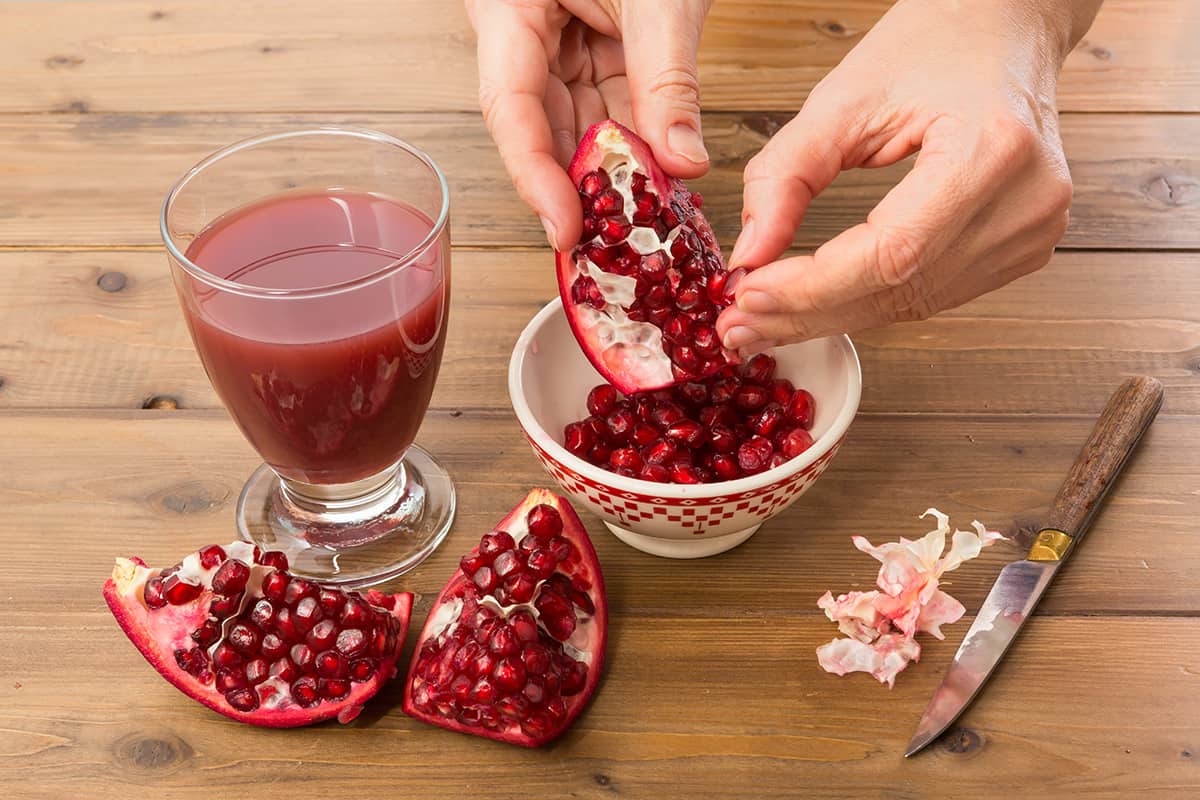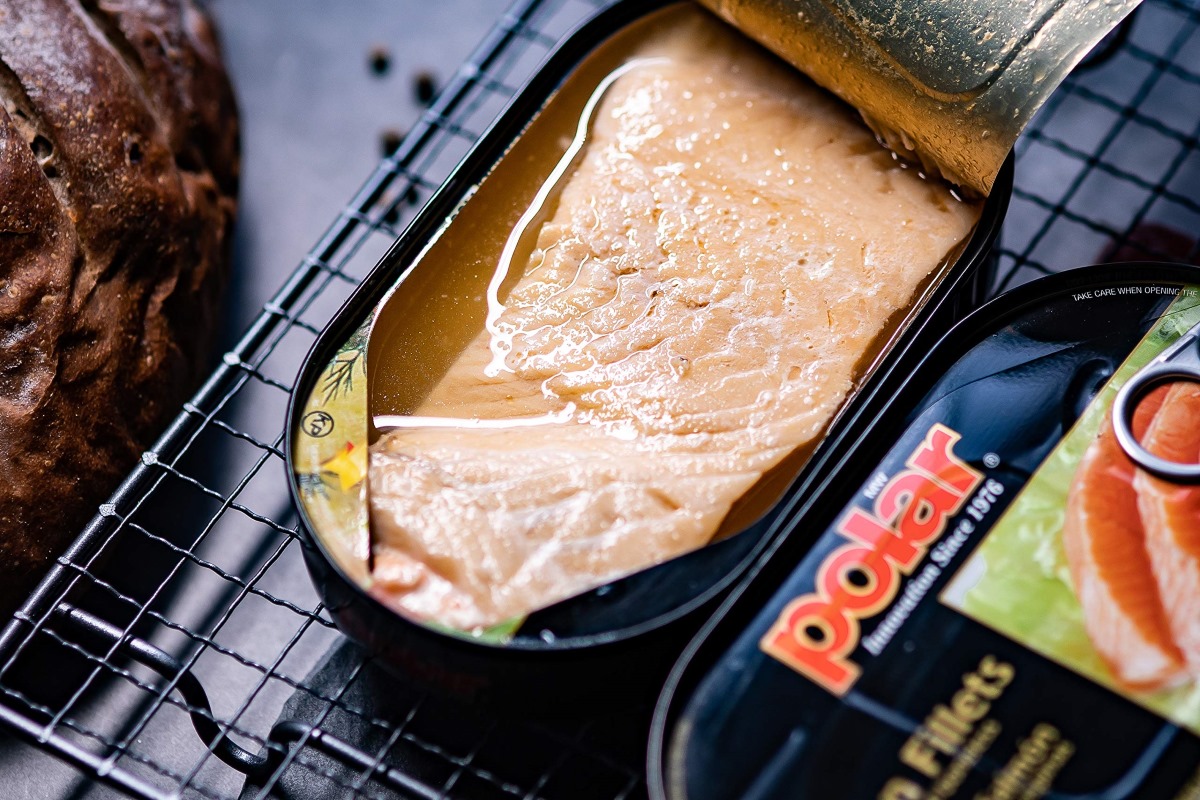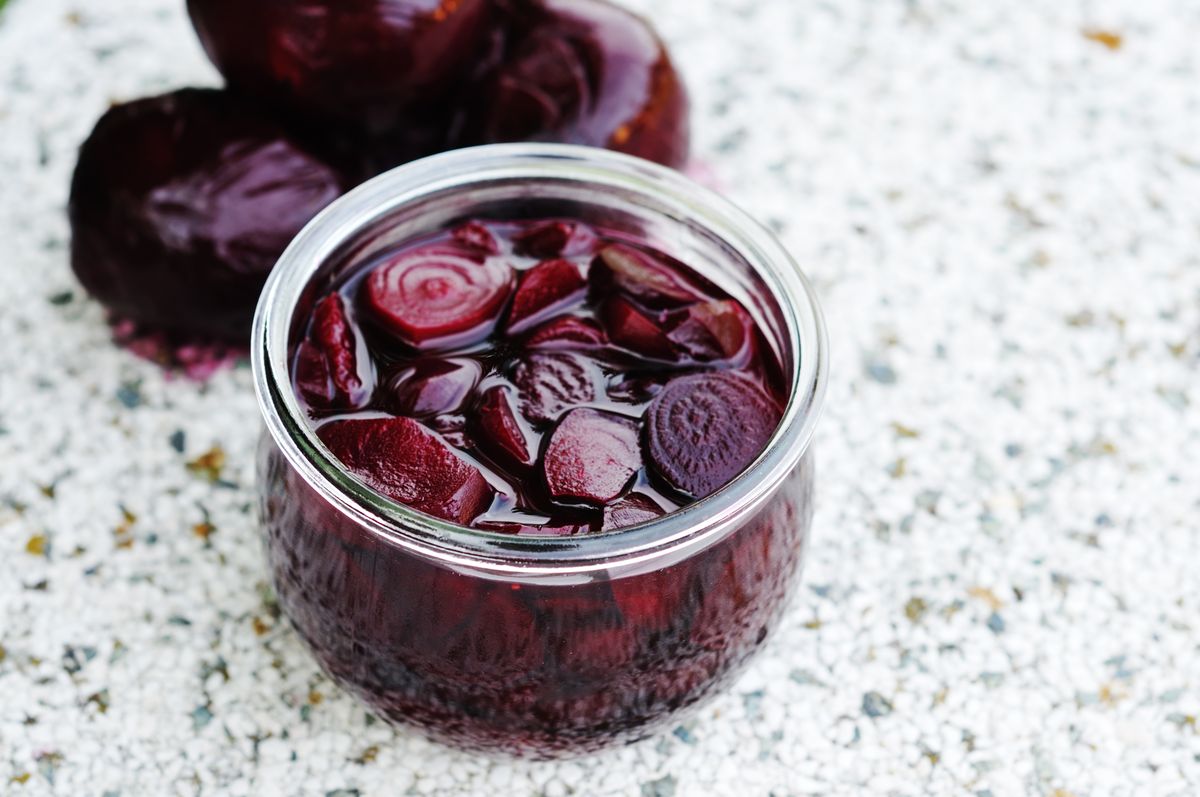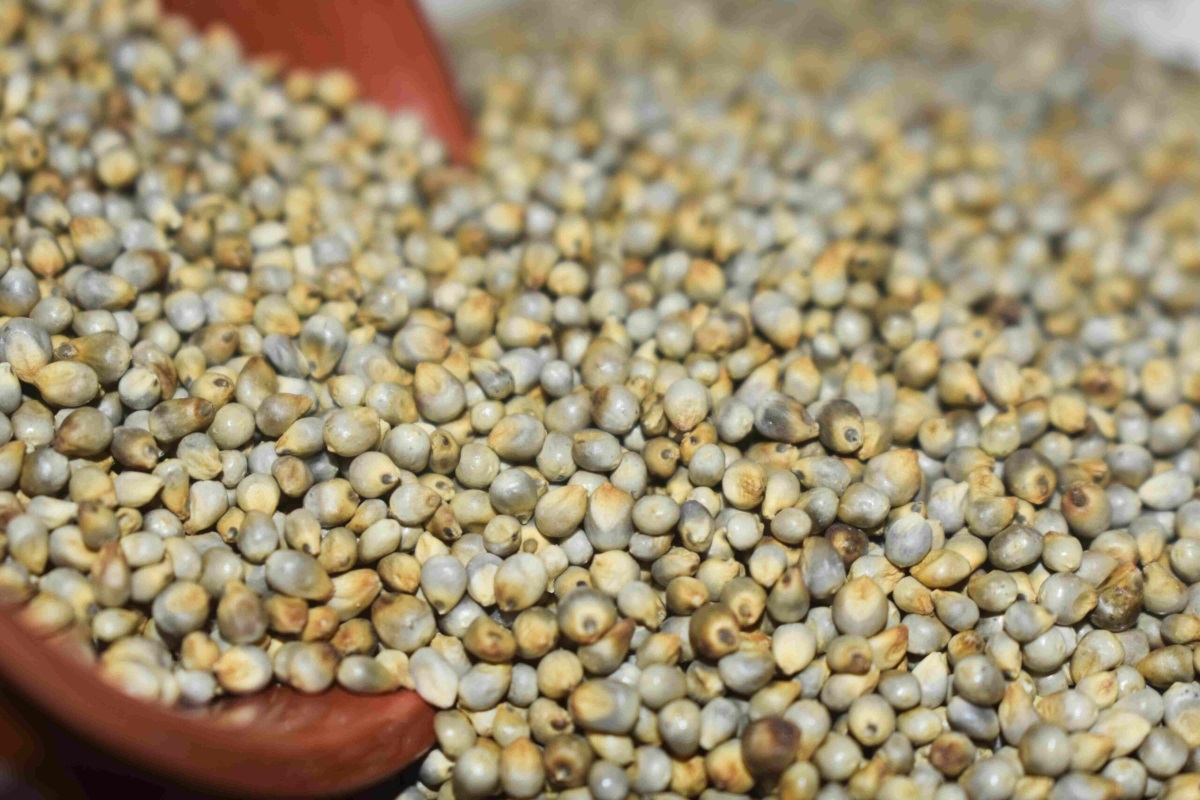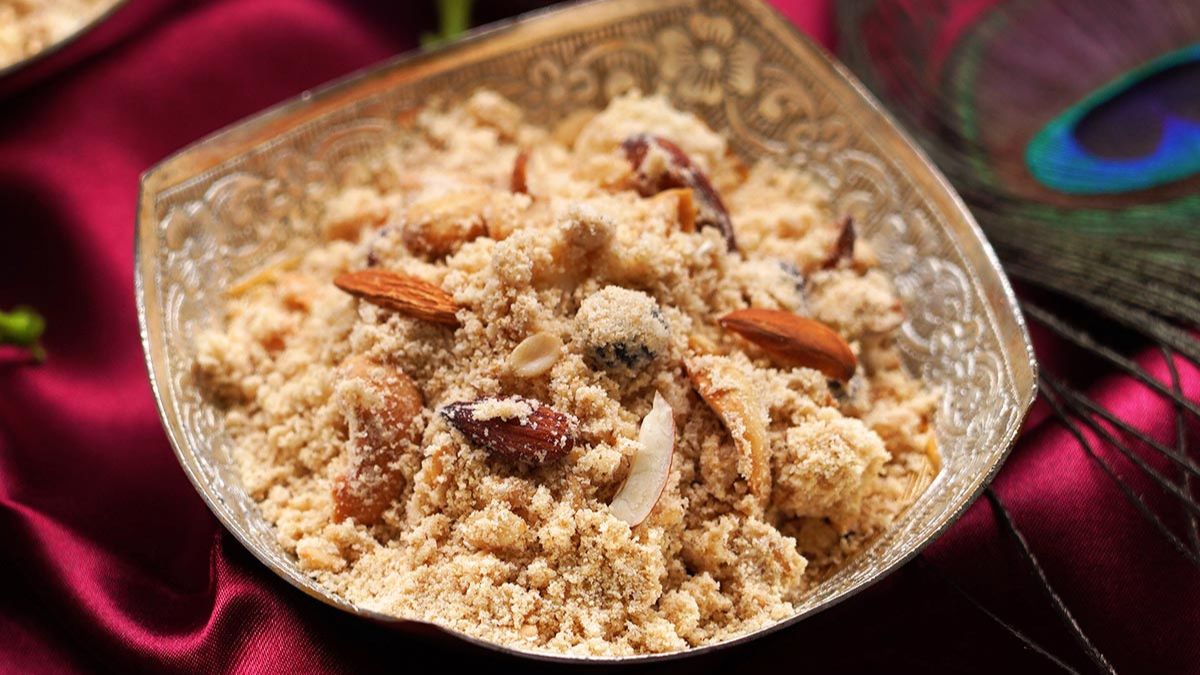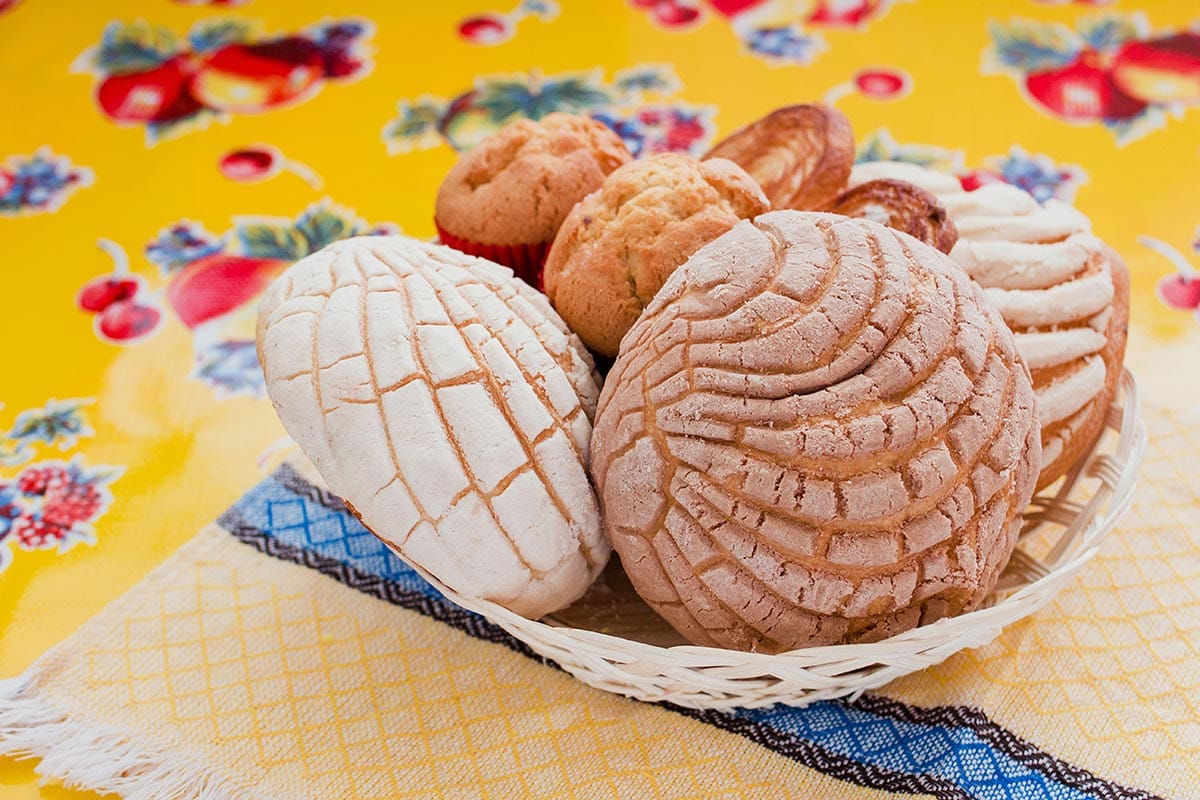Why Ragi is a Superfood for Pregnant Women
During pregnancy, it’s essential to consume a well-balanced diet to ensure the health and development of both the mother and the baby. Ragi, also known as finger millet, is a nutritious grain that offers a myriad of benefits for pregnant women. Packed with essential nutrients, Ragi can be a valuable addition to a pregnancy diet.
Benefits of Ragi During Pregnancy
Ragi is a powerhouse of nutrition and offers several benefits for pregnant women:
- Rich in Iron: Iron is crucial during pregnancy to support the increased blood volume. Ragi is a rich source of iron, which helps prevent anemia and ensures proper oxygen supply to the baby.
- High in Calcium: Ragi is an excellent source of calcium, essential for the development of the baby’s bones and teeth. It also helps maintain the mother’s bone health during pregnancy and postpartum.
- Good Source of Fiber: The high fiber content in Ragi aids in preventing constipation, a common issue during pregnancy. It also helps in maintaining healthy digestion and preventing gestational diabetes.
- Provides Essential Nutrients: Ragi contains essential nutrients such as vitamin D, protein, and amino acids, which are vital for the overall growth and development of the baby.
Ways to Incorporate Ragi into the Pregnancy Diet
There are various delicious and nutritious ways to include Ragi in a pregnant woman’s diet:
- Ragi Porridge: Start your day with a warm bowl of Ragi porridge. It’s easy to prepare and provides a wholesome breakfast option.
- Ragi Roti: Replace regular wheat rotis with Ragi rotis for a nutrient-packed meal. Pair it with a side of vegetables for a balanced diet.
- Ragi Ladoo: Prepare Ragi ladoos using jaggery and ghee for a healthy and energizing snack option.
- Ragi Kheer: Indulge in a bowl of Ragi kheer, sweetened with jaggery or honey, for a satisfying dessert that also offers nutritional benefits.
- Ragi Idli or Dosa: Use Ragi flour to make idlis or dosas, providing a healthy twist to traditional South Indian breakfast options.
Precautions and Considerations
While Ragi is highly beneficial during pregnancy, it’s essential to consume it in moderation and consult with a healthcare provider before making any significant changes to the diet. Some women may have allergies or sensitivities to certain grains, so it’s crucial to monitor any adverse reactions after consuming Ragi.
Additionally, it’s advisable to choose organic and unprocessed Ragi to ensure the highest nutritional content and avoid any potential exposure to harmful chemicals.
Conclusion
Ragi is undoubtedly a superfood for pregnant women, offering a plethora of nutrients and health benefits. By incorporating Ragi into the pregnancy diet through various delicious recipes, women can ensure a well-rounded and nourishing intake that supports both maternal and fetal health. However, it’s crucial to consume Ragi in moderation and seek professional guidance to reap its full benefits during pregnancy.
More Delicious Ragi Recipes for Expectant Mothers
As you consider incorporating more nutritious meals into your pregnancy diet, our guide offers a variety of ragi-based recipes that are both delicious and beneficial. For a healthy start to your day, try the Ragi Porridge with Mixed Fruits, which combines the iron-rich ragi with a mix of vibrant fruits, making it a perfect breakfast option. If you're looking for a hearty meal, the Ragi Roti with Spinach and Cottage Cheese provides a fantastic combination of fiber and protein. For those with a sweet tooth, the Ragi and Coconut Kheer is a must-try dessert that offers a delightful twist on a traditional Indian sweet. Each recipe is designed to be straightforward and enjoyable, encouraging you to incorporate ragi into your daily diet during pregnancy.
